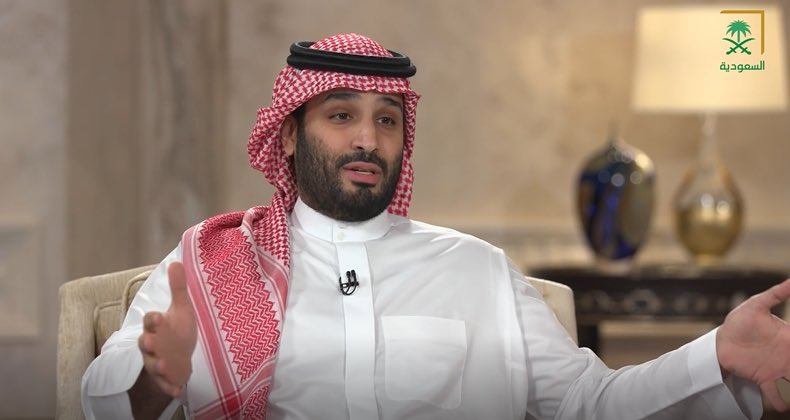
There is a new gov in #Kuwait. What does the composition tell us? A 🧵
1. Technically, this is a cabinet reshuffle w/ gov formation on Oct 5 & next day resignation of ministers (Oct 6) after the fallout w/ the minister MP whose inclusion is necessary for gov validity (Art. 56).
1. Technically, this is a cabinet reshuffle w/ gov formation on Oct 5 & next day resignation of ministers (Oct 6) after the fallout w/ the minister MP whose inclusion is necessary for gov validity (Art. 56).
2. Quota system persists, but it has drastically weakened even when compared to Oct 5 formation. One Shiite (as usual), but less keenness on having most tribes represented leading to a notable reduction in tribal background ministers.
3.Only 2 ministers remain from former PM al-Khalid’s cabinets (finance+comms). They’ll be under the spotlight. Not counting the PM (former interior) & interior minister (former defense) who joined Khalid’s gov a month before its resignation or Sheetan who served in a previous gov
4. This means the change ratio is high @ 87% w/ 2 returning ministers if we discount Talal al-Khaled (interior) given his entry in March & former finance min. Sheetan (now CoM) who departed a while ago. If both are counted as returning ministers, change ratio is still high @ 73%.
4 (cont). A high change ratio is not necessarily good. Ministries require stability, but if the change ratio is meant to signal a new era (a running theme since the emir’s June speech) it could then be seen in a diff light. Keep in mind a high turnover is not new to Kuwait gov.s
5. No better ex. of this volatility than the high degree of change btwn current cabinet & one formed on Oct 5. Only 4 of the new Oct 5 figures remain: defense, health, commerce, & housing. Some declined to join reshuffle & others removed w/o transparency in logic driving choices
6. Two MP ministers this time (oil + housing) as opposed to one MP ten days ago or 4 in gov before last. Elevating al-Mulla to DPM is not as common for minister MPs or first timers - shows keenness to have him onboard.
7. Three DPMs & that includes Sheetan’s comeback + promotion
7. Three DPMs & that includes Sheetan’s comeback + promotion
8. First DPM position is back via interior minister (Talal al-Khaled) who has been held in high regard last few months, esp. for combatting drug trafficking.
9a. Three ruling family ministers: interior, defense, & foreign affairs. These are positions long held by al-Sabahs.
9a. Three ruling family ministers: interior, defense, & foreign affairs. These are positions long held by al-Sabahs.
9b (cont). Two of the three ruling family ministers are descendants of ruling Mubarak branch. Promoting a younger al-Salem (defense) will test his readiness & abilities. Foreign affairs is held by a non-ruling branch member and longtime ambassador to US (2001-22).
9c (cont). The foreign minister is the oldest cabinet member & could be a placeholder until a Mubarak descendant is ready to assume the job.
Opening these positions to non-ruling family members - as is the case in several GCC states - would be a welcome dev that rewards merit.
Opening these positions to non-ruling family members - as is the case in several GCC states - would be a welcome dev that rewards merit.
10. Two new women ministers, both engineers, seem to be less experienced (when compared to the rest of the cabinet) in relation to the scope of their ministries (can add defense & oil to this list). Hope they were chosen for their abilities & not just because they’re women.
11. Engineering seems to be a popular background. Min of education is an engineer by training too on top of the two women ministers. Business is a more popular background though w/ 5 ministers plus the PM so that’s 6 out of 16. Hope it induces much needed econ reforms & vision.
12.A combative parliament is not the gov’s biggest challenge. It will be keen on an effective gov. But the gov will be its own challenge. Formation was not done w/ an eye on integrative ability. They need to properly consolidate & speedily address stalled dev, reforms, corruption
• • •
Missing some Tweet in this thread? You can try to
force a refresh





